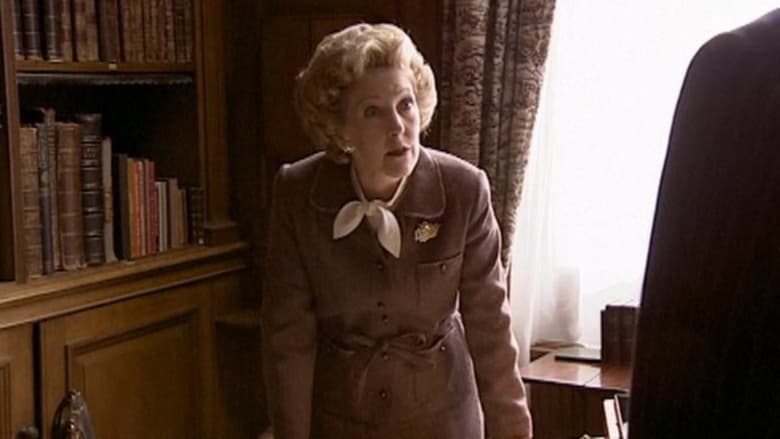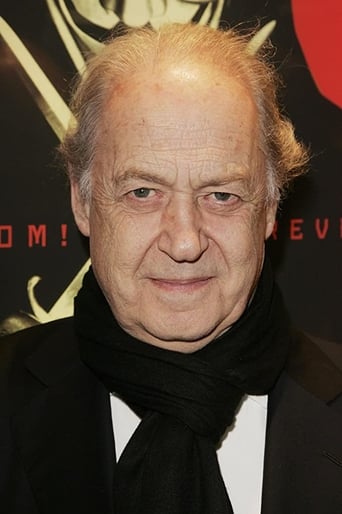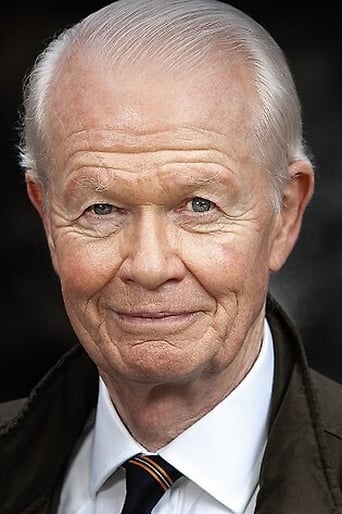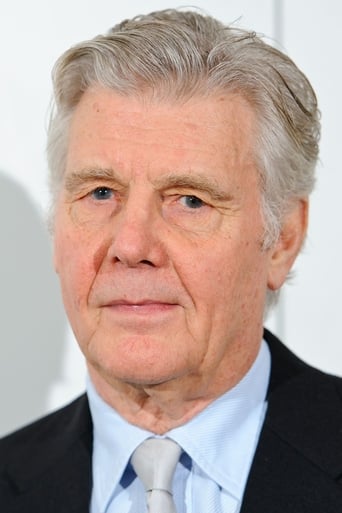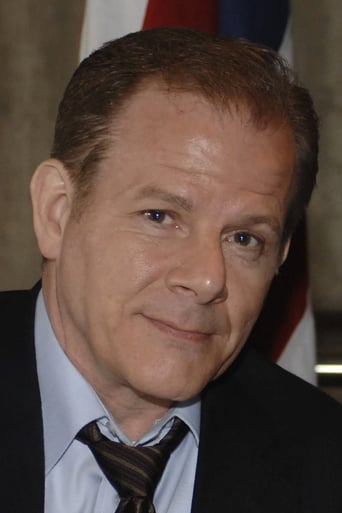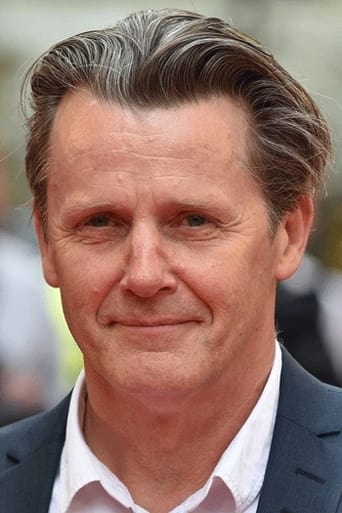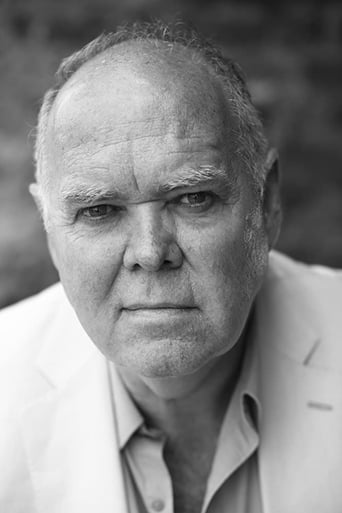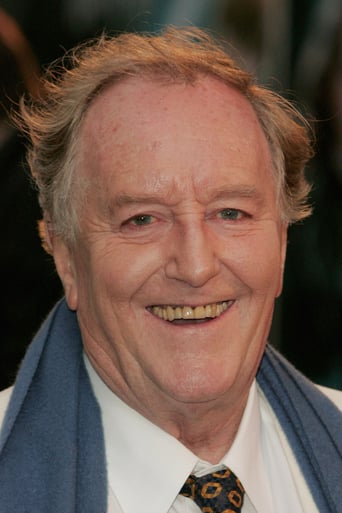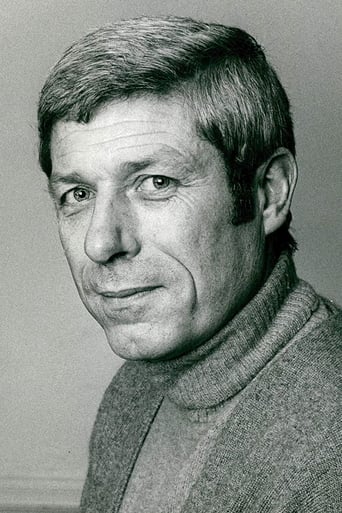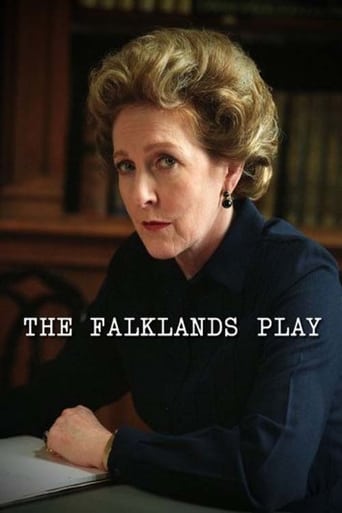
The Falklands Play is a dramatic account of the political events leading up to, and including, the 1982 Falklands War. The play was written by Ian Curteis, an experienced writer who had started his television career in drama, but had increasingly come to specialise in dramatic reconstructions of history. It was originally commissioned by the BBC in 1983, for production and broadcast in 1986, but was subsequently shelved by Controller of BBC One Michael Grade due to its alleged pro-Margaret Thatcher stance and jingoistic tone. This prompted a press furore over media bias and censorship.The play was not staged until 2002, when it was broadcast in separate adaptations on BBC Television and Radio.
Similar titles
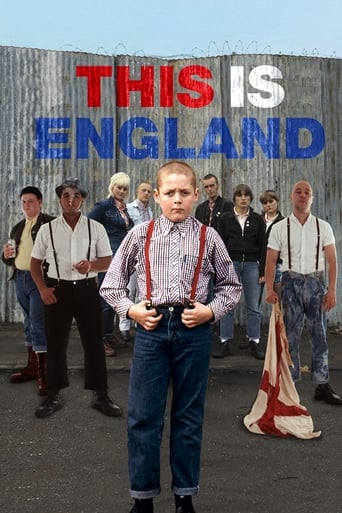
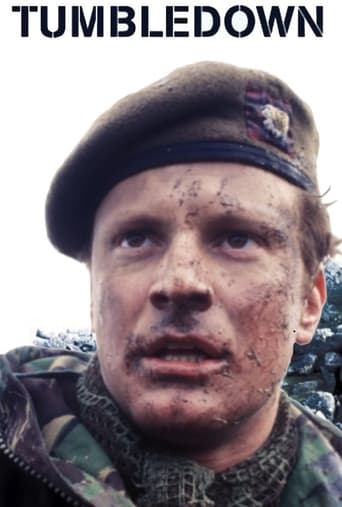
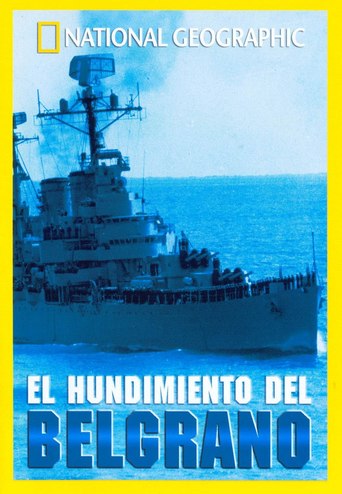
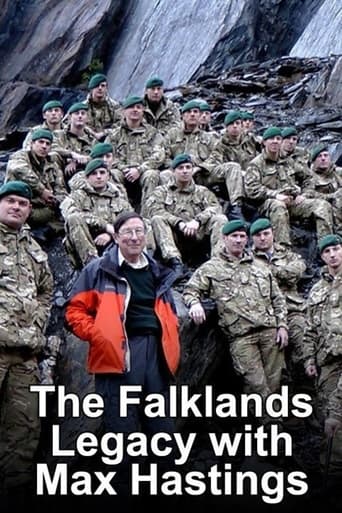
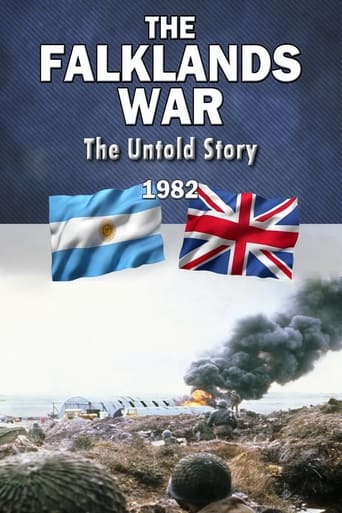
Reviews
The film creates a perfect balance between action and depth of basic needs, in the midst of an infertile atmosphere.
A movie that not only functions as a solid scarefest but a razor-sharp satire.
There is, somehow, an interesting story here, as well as some good acting. There are also some good scenes
While it is a pity that the story wasn't told with more visual finesse, this is trivial compared to our real-world problems. It takes a good movie to put that into perspective.
Much has been written about alleged "pro-Thatcher" approach of The Falklands Play, and it certainly was well acted. It would have been interested seeing it performed on stage rather than in a studio like here.I think though a follow-up play is necessary where it details what motivated the British Government to exclude their amputee soldiers (who lost their limbs in the Falklands) from the victory parades.I think a follow-up play is necessary where it details how Mrs Thatcher could support the totalitarian Pinochet regime who were hardly democratic, even though Mrs Thatcher fought to restore democracy in the Falklands.I think a follow-up play is necessary explain why this script wasn't shopped to ITV or Channel 4 when the BBC weren't so keen on it.I think a follow-up play is necessary to debunk the myth that the 1983 general election was an endorsement of Britain's involvement in the Falklands War, given the Conservative Party's national vote actually decreased from its 1979 share.I think such a follow-up play might be too much and too politically incorrect for the champagne conservatives. A follow-up play would be way too politically incorrect.
A brief war was fought in 1982 over the sovereignty of a few small barren islands in the icy southern pacific. The combatants were Argentina, which had invaded the Falklands, and Britain, which had ruled since 1832.Britain won the little but costly war and Prime Minister Margaret Thatcher emerged he winner. She was a hard charger and much admired for it. Of course if the victory had been the other way round, a lot of people would be dead for little reason and she would be thrashed. As it was, there was no stopping her in her determination. One American consultant muses, "I wish there were more like her. You always know exactly where you stand." "In the corner," replies another.There is very little footage of the war itself. The script seems to jump from the landings of the British SAS to the surrender of the Argentinian soldiers. But that's okay because this is, after all, a play, not a big budget feature film. Besides, the general outline of the war's progress is already familiar to some viewers, although by no means all of them. Anyone interested in the engagements should be directed to the concise documentary, "20th-Century battlefields: 1982 The Falkland Islands War." It can be viewed free on YouTube.The script has sufficient continuity so that we can follow events as they unfold, even though we're confined mostly to a few rooms and a handful of other sets. As Thatcher, Patricia Hodge is quite good, if lacking in heft. And there isn't a dull bulb among the supporting actors. There are a few moments of humor. Someone tells the Defence Minister, Clive Merrison, that this is the first time a British fleet has set sail for an attack since Suez. Merrison replies slowly and deliberately. "Can we keep Suez out of this conversation? Those are two little words that -- irk." The well-meaning Americans provide some ludic relief as well. Thatcher invites the American consultants to dinner and takes aside Alexander Haig, the Defense Secretary before they sit down. Thatcher shows him a large painting of two men -- the Duke of Wellington and Lord Nelson, saying that they were two heroes who put an end to willful aggression by dictators. "I thought you might want to look at them during dinner." Haig mutters into his drink, "Gee, thanks." The role of the Americans is that of a nation full of good will, anxious to avoid bloodshed, and apparently oblivious to the fact that Argentina is under the thumb of a brutal military junta who has invaded the Falklands -- which they (still) insist on calling Las Malvinas -- in order to distract the population from the catastrophic conditions at home. Haig is a good guy, although ineffective. President Reagan's attitude was that "both of them are our friends," even after the British ambassador reminds him that Britain didn't hesitate for a moment to aid in the extraction of 52 hostages after the embassy takeover in Iran. Reagan apparently listened less to Haig than to his UN ambassador, Jeanne Kirkpatrick. Kirkpatrick was a pragmatic and ardent anti-communist. As Wikipedia puts it, "She was known for the "Kirkpatrick Doctrine", which advocated supporting authoritarian regimes around the world if they went along with Washington's aims. She believed that they could be led into democracy by example." Argentina fell into that category.Reagan himself thought it a minor matter, calling them "bleak little islands" and never quite remembering their name. After the British victory, Reagan called on Thatcher to be "magnanimous," and Thatcher blew him off. By the time the war had begun, however, the US came around and placed an embargo on shipments to Argentina and agreed to supply Britain with whatever materiél it required.Whatever else this fine program does, it illustrates the way that democracy is supposed to work, and of course it will be informative to those whose memories don't extend very far into history.
I think there were serious omissions from the historical truth.As noted by a reviewer above, Thatcher's political position was very weak at the time. She was seen by the country and many of her "wet" cabinet ministers as being a right wing liability who would sink the Tories at the next election because she had worsened, not improved, Britain's economy. Unemployment had sky-rocketed. The decision to withdraw HMS Endeavour from the South Atlantic (the supply ship for the Falklands) was made by her right wing Defence Minister John Nott on grounds of cost- cutting. Both the Foreign Office under Carrington and I believe the Chiefs of Staff and the Intelligence Services opposed it on the grounds that the Argentinians would interpret the withdrawal as a sign that the UK was not serious about maintaining its Falklands colony and this would greatly encourage them to invade. Thatcher overruled them and backed Nott. She therefore had direct responsibility for this mistaken decision and should, on the Argentinian invasion, have resigned.This was known at the time of the Saturday House of Commons debate by many people, especially on the Conservative back benches. There was great unease on them, and talk of replacing her. What saved her probably was Michael Foot's highly patriotic support of her in his speech and the fact that the debate only lasted 4 hours rather than the more usual 8. (Clever work probably by the Whips). If it had been 8, it is very likely that this unease about Thatcher would have surfaced from both wets and right wingers who suspected she was an incompetent woman who had blundered into a war.Then, had she been replaced - probably by a wet ("wets" by and large were of an older generation than the supporters of Thatcher and had fought in the 2nd War and would have been thought "reliable" to fight another war) - the war would have gone ahead, Britain would again probably have won, and a "wet" rather than Thatcher would have been in charge of Britain and subsequent history would have been radically different. But it is through ironies like this that history operates. As it was, it was those who had been originally been right on "Endeavour" who were forced to resign like Carrington, and Thatcher, the British politician (along with Nott) most responsible for allowing the war to break out, the person who went on to be lionised as a great Churchillian war leader. The Saturday Commons debate was the great turning point. Curteis presents the debate falsely as a straight patriotic piece of Churchillian stiff upper-lip tub thumping. (This is understandable, the Left had been and was caricaturing Thatcher mercilessly in their propaganda and Curteis's play is his right-wing propaganda blast back). But it would have been far more interesting - and dramatic - to go for neither villains or heroes, but what history really consists of - human beings. And by showing complexities and ironies, rather than pieties and propaganda.
I've seen this garbage twice now and I still can't believe how it's being promoted as a great guide to what went on behind the scenes.Are we really supposed to believe that a world leader who has had Pinochet round for tea would seriously denounce Argentina as a corrupt country that brutally suppresses political dissent? This is practically a love letter to Margaret Thatcher! The writer has so obvious an agenda it ruins what could otherwise be seen as a great work of fiction.It even manages to undermine it's own efforts to portray Thatcher in a more favourable light. Apparently it is true that she took the time to write letters to the next of kin of all the British fatalities. But then the writer goes and ruins it by showing more stupid scenes of Thatcher raving about Argentina's human rights record.If you want to know the type of movie Goebbels may have written about Hitler's crushing of Polish aggression in 1939 you only have to watch this execrable pack of lies.A remarkable piece of propoganda. Dreadful, dreadful rubbish.
Top Streaming Movies











